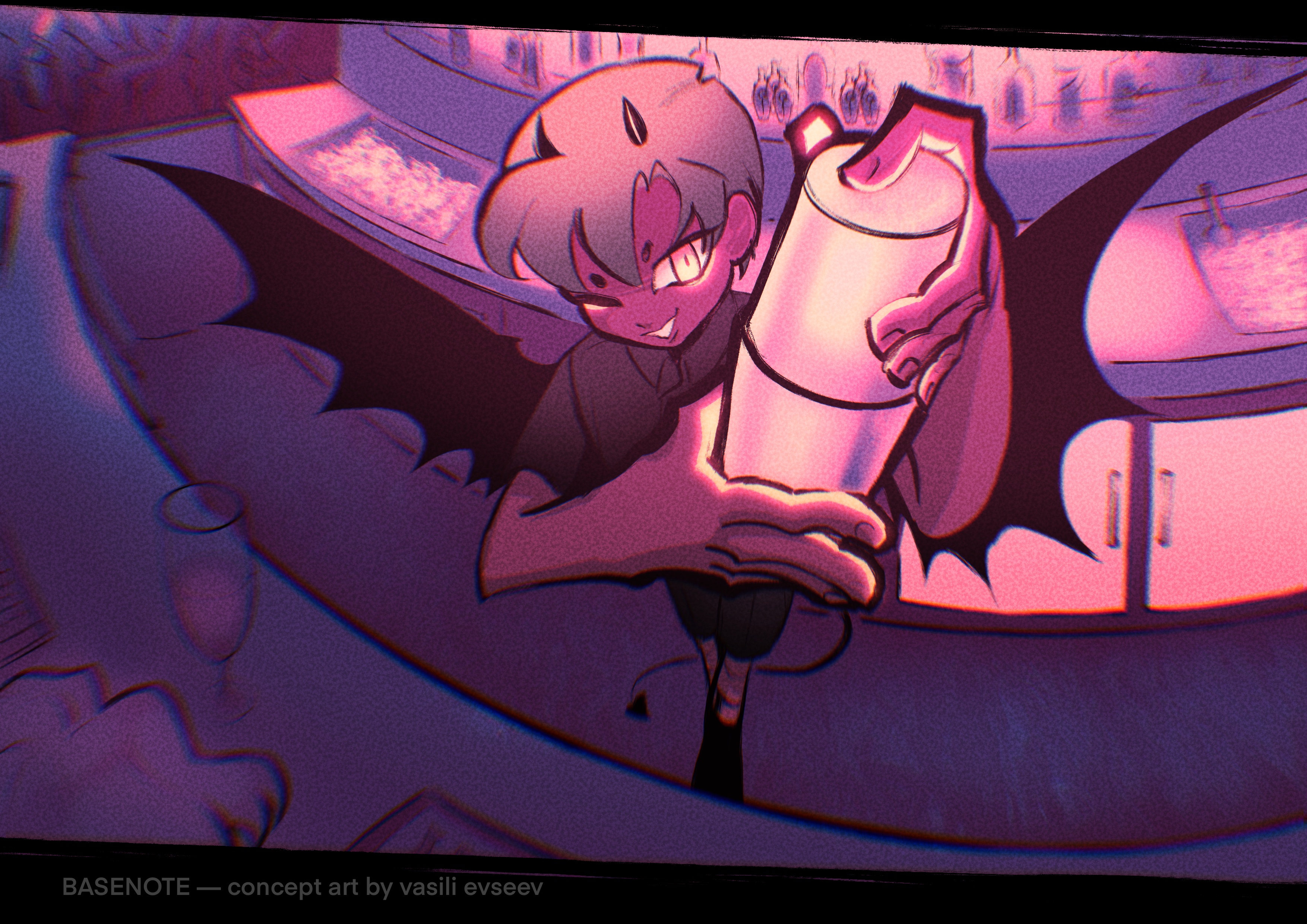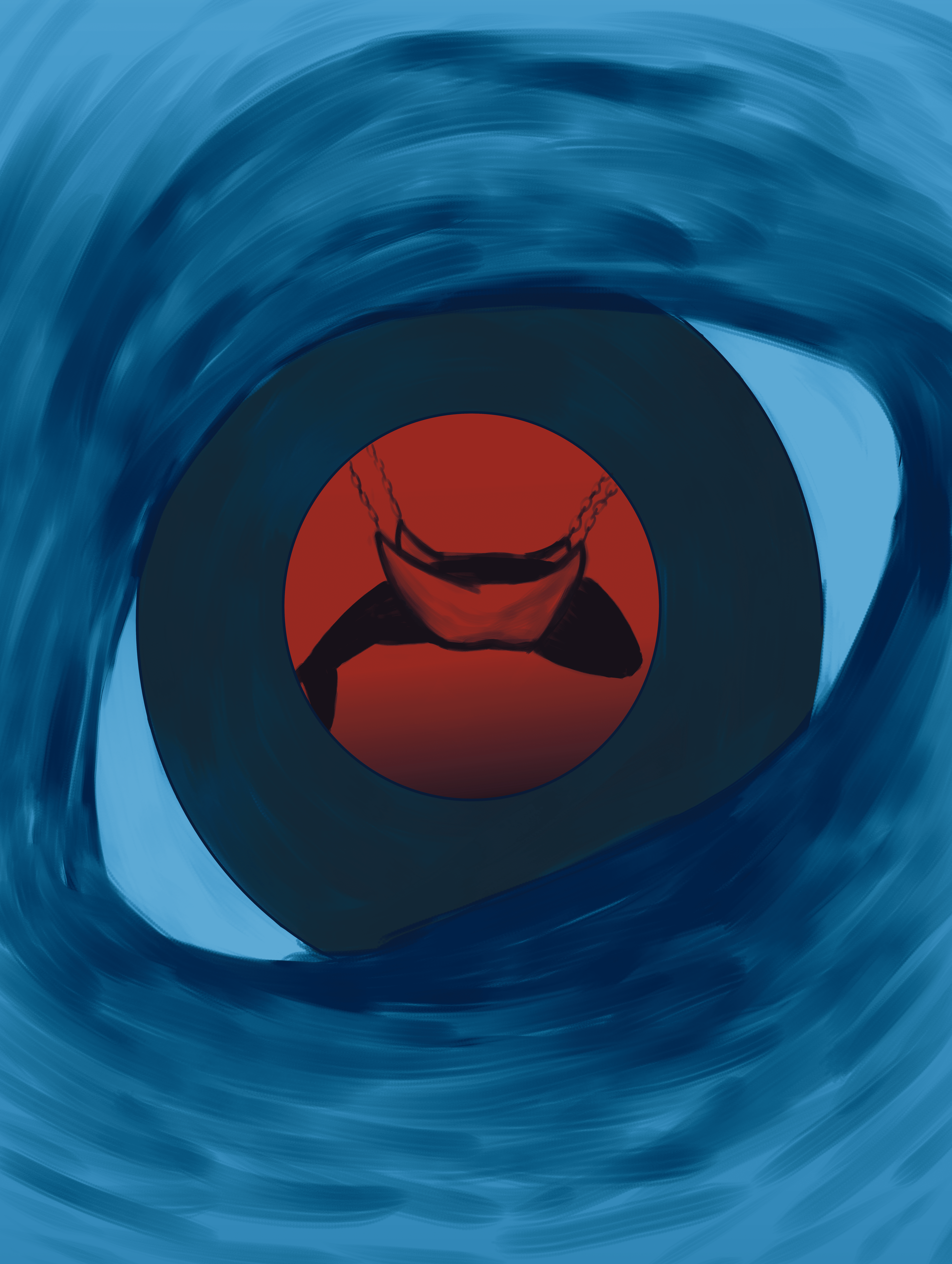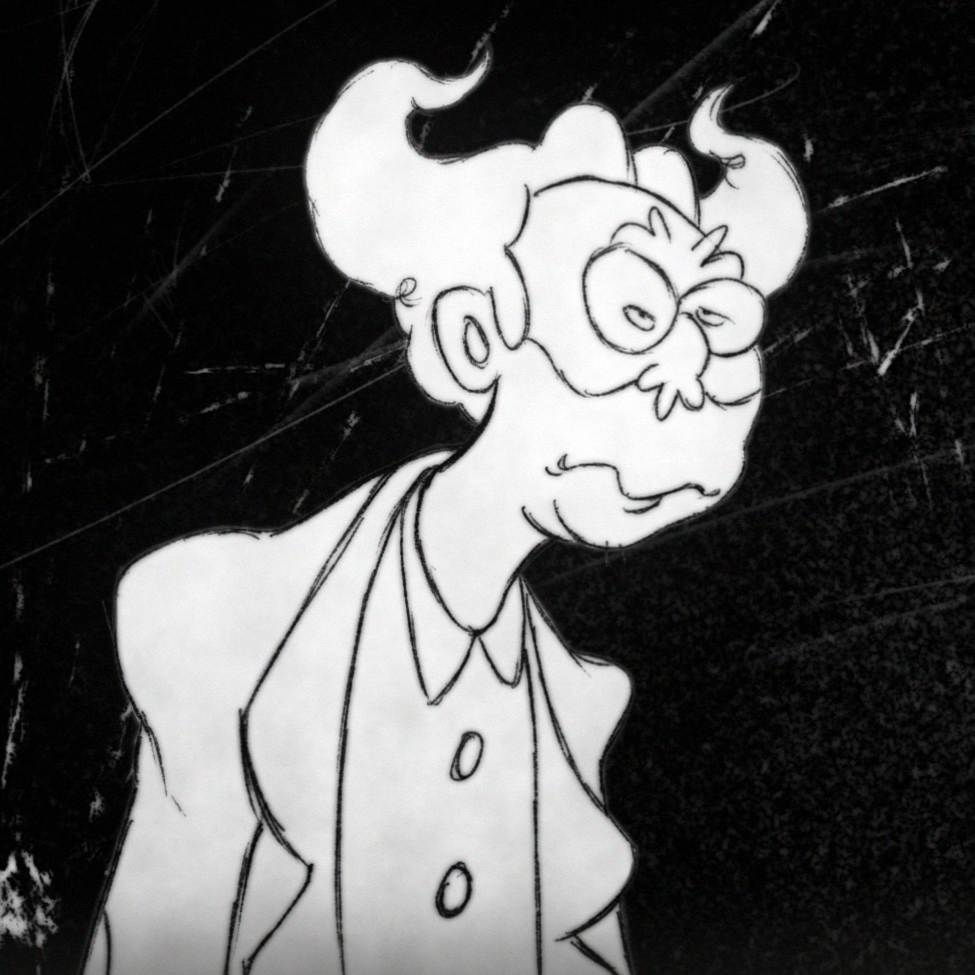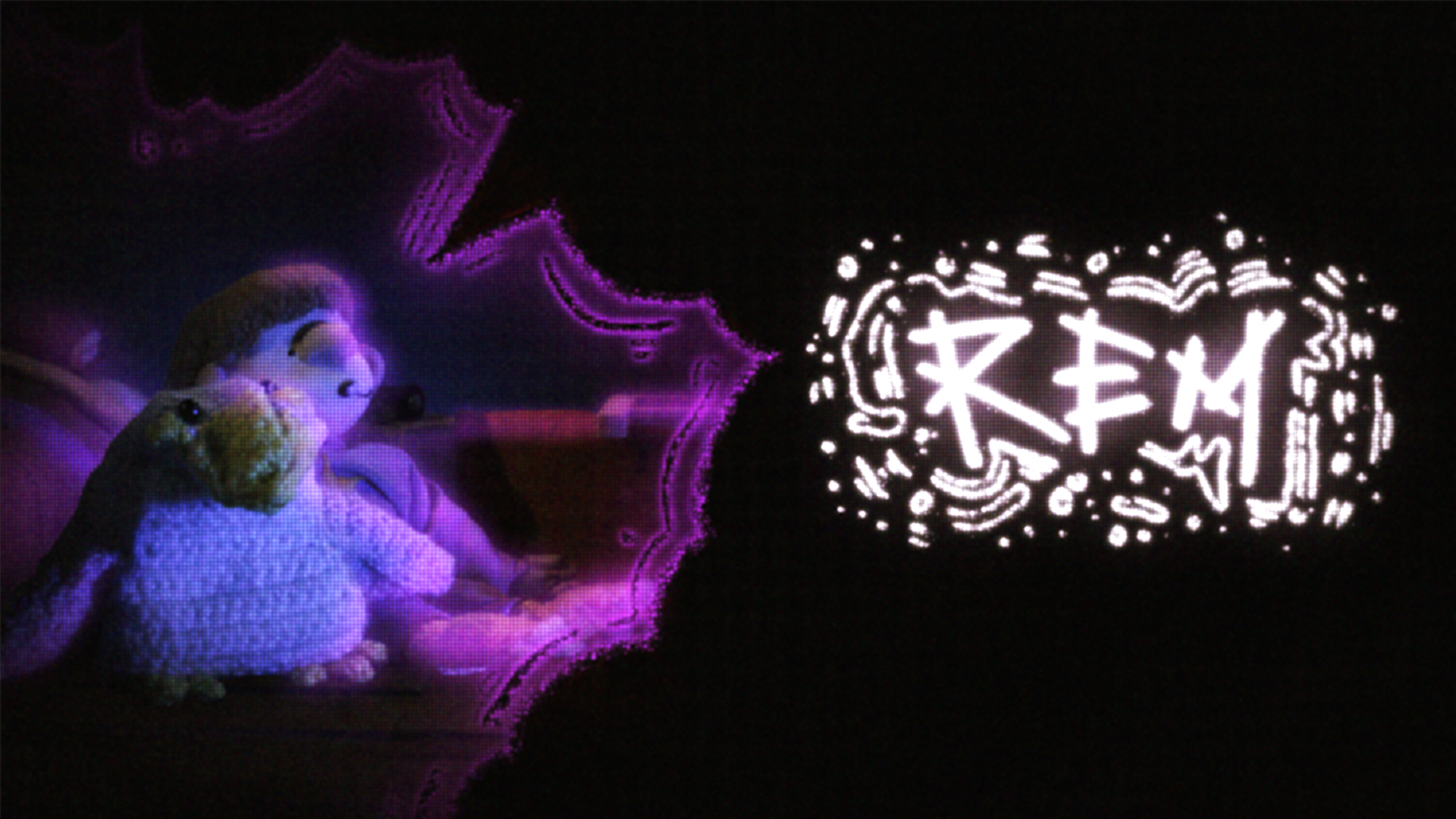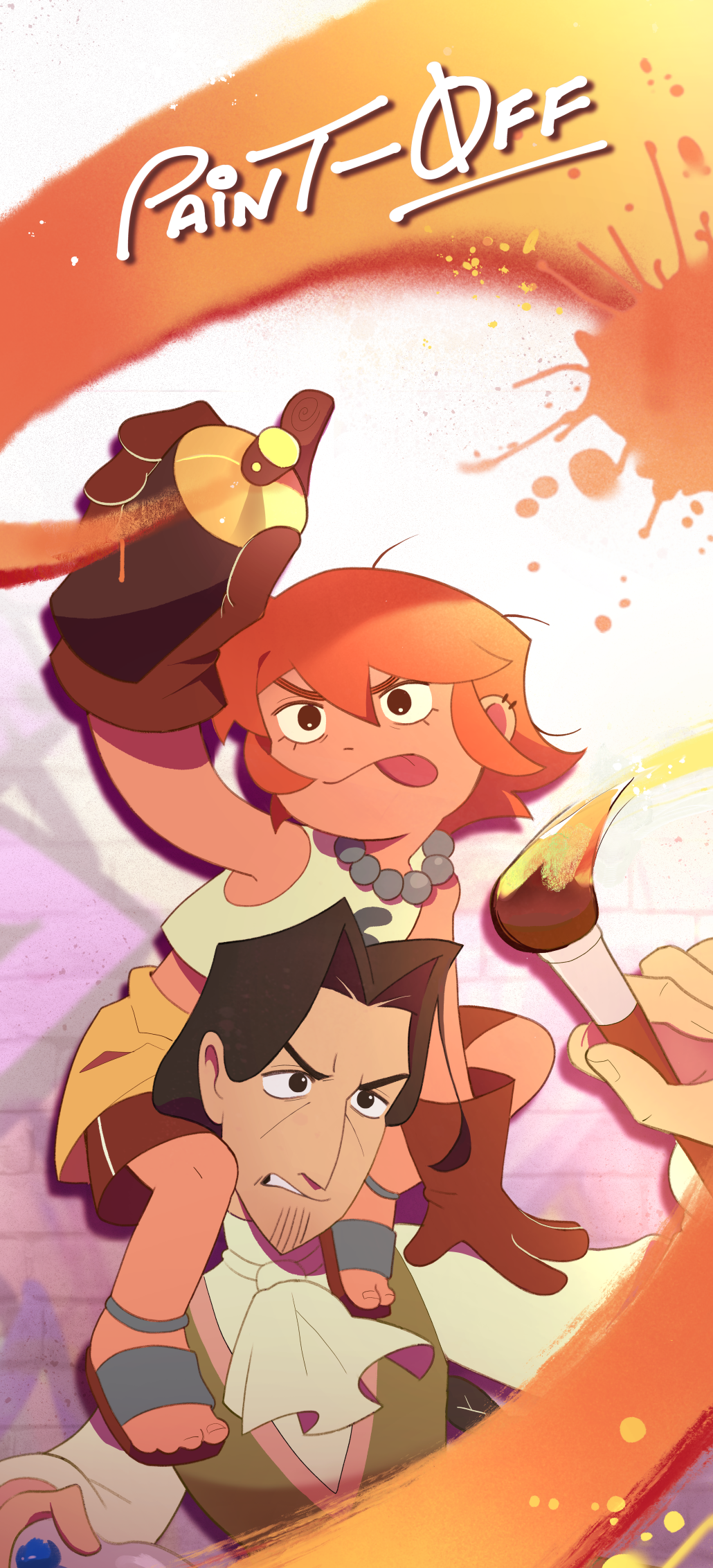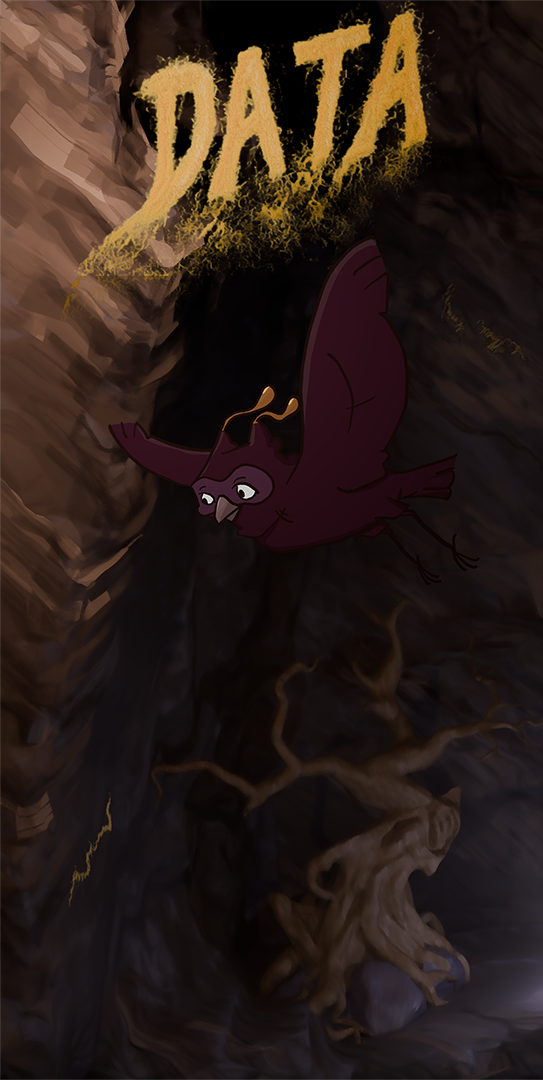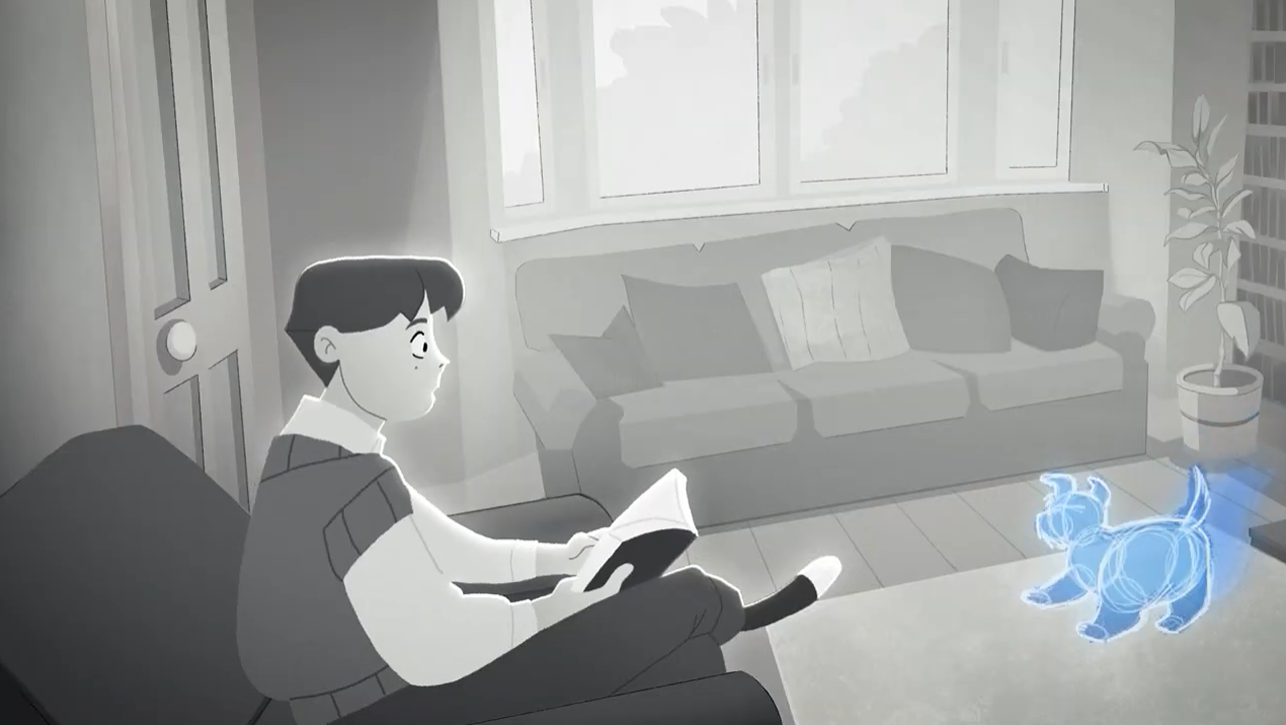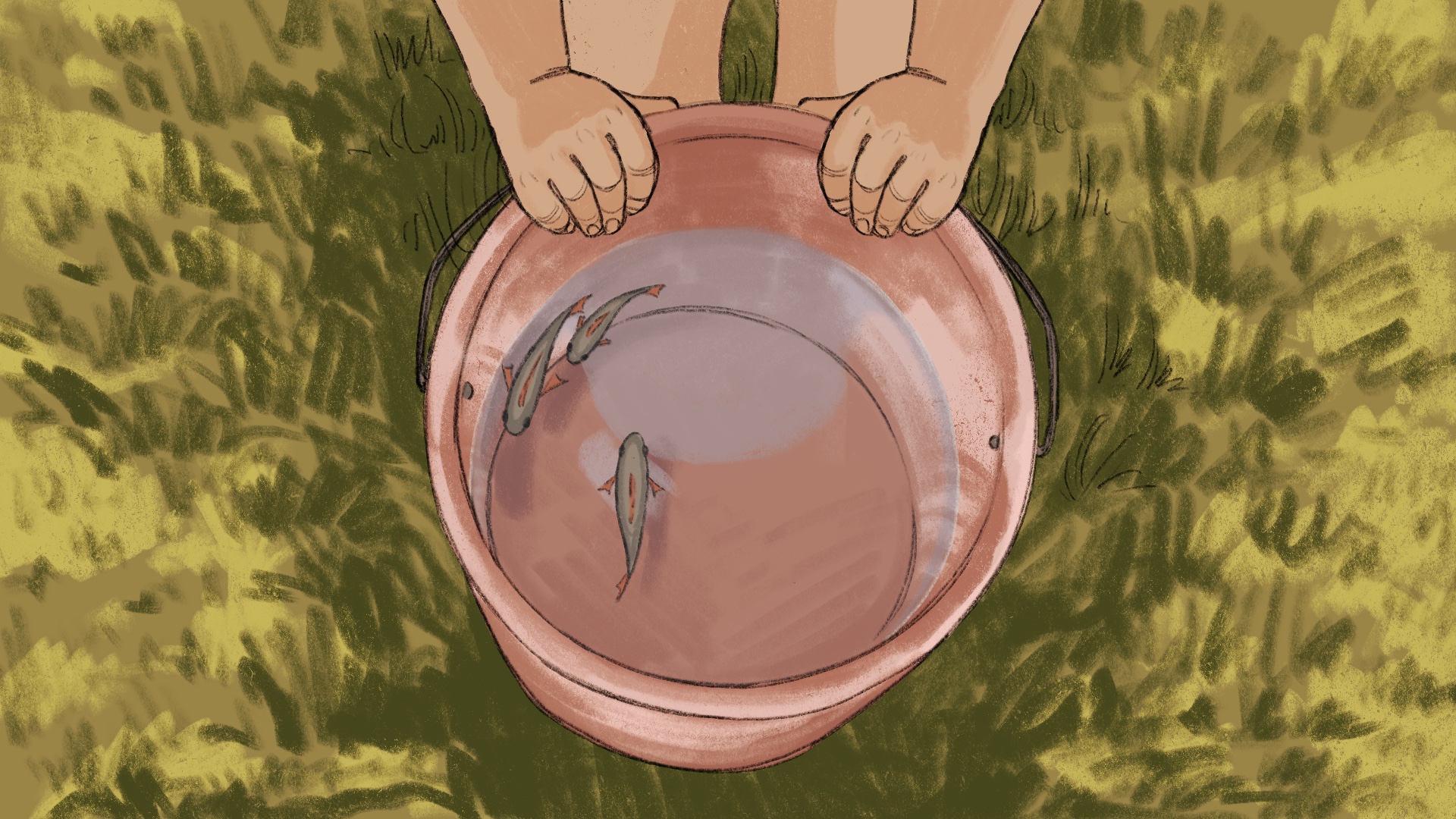Mickel Mendoza
A boy is cursed by the personification of Death—the curse: a deadly touch. Every living thing he touches drains out of life and decays. Yet, Death whispers of a hidden gift within him—one he has yet to realize.
Unico Hijo (Only Child) is a film that follows themes of memories, childhood and death. It highlights toxic Filipino family culture and how it corrupts the innocence of youth.








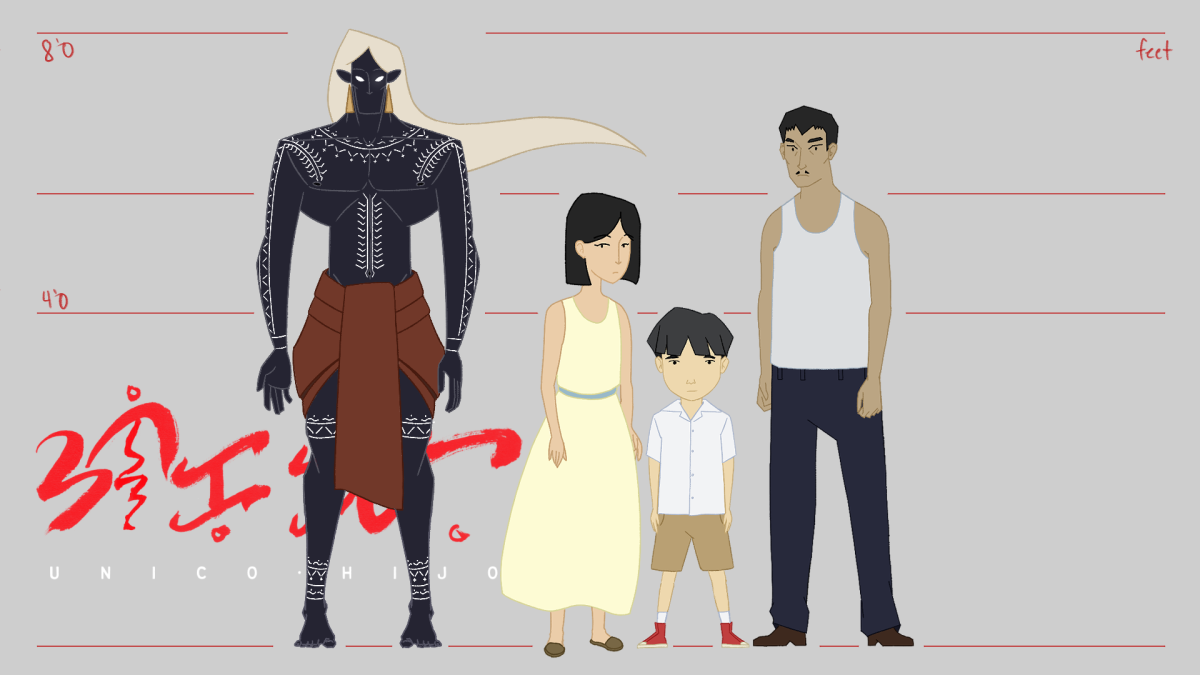
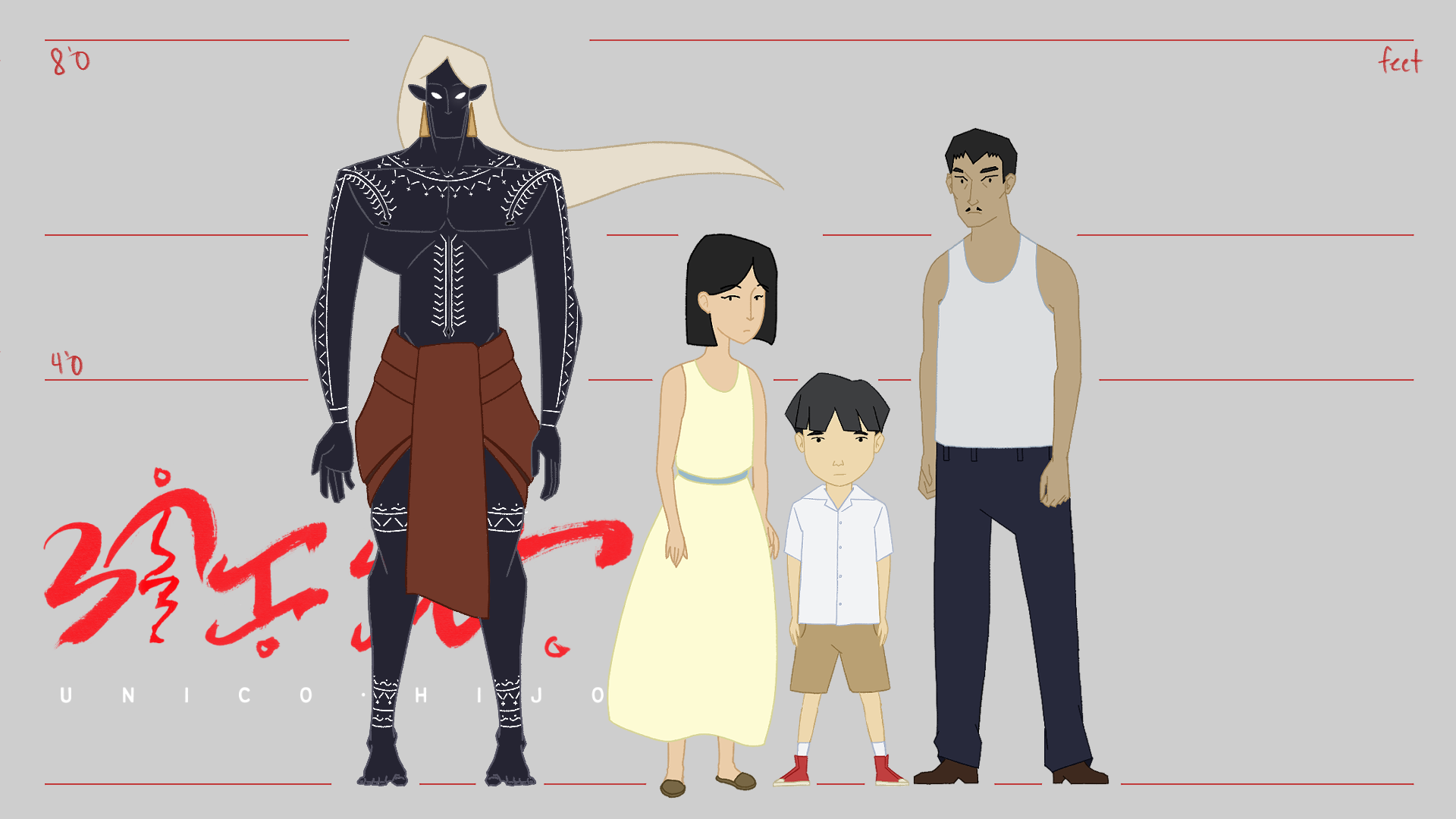




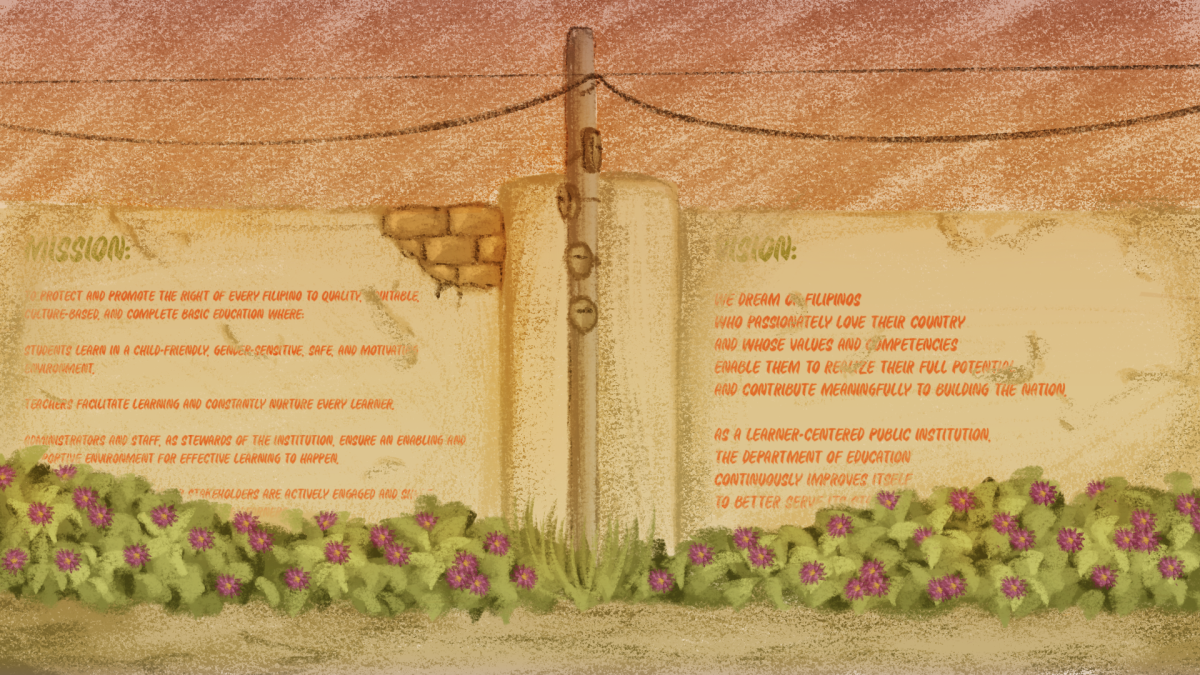
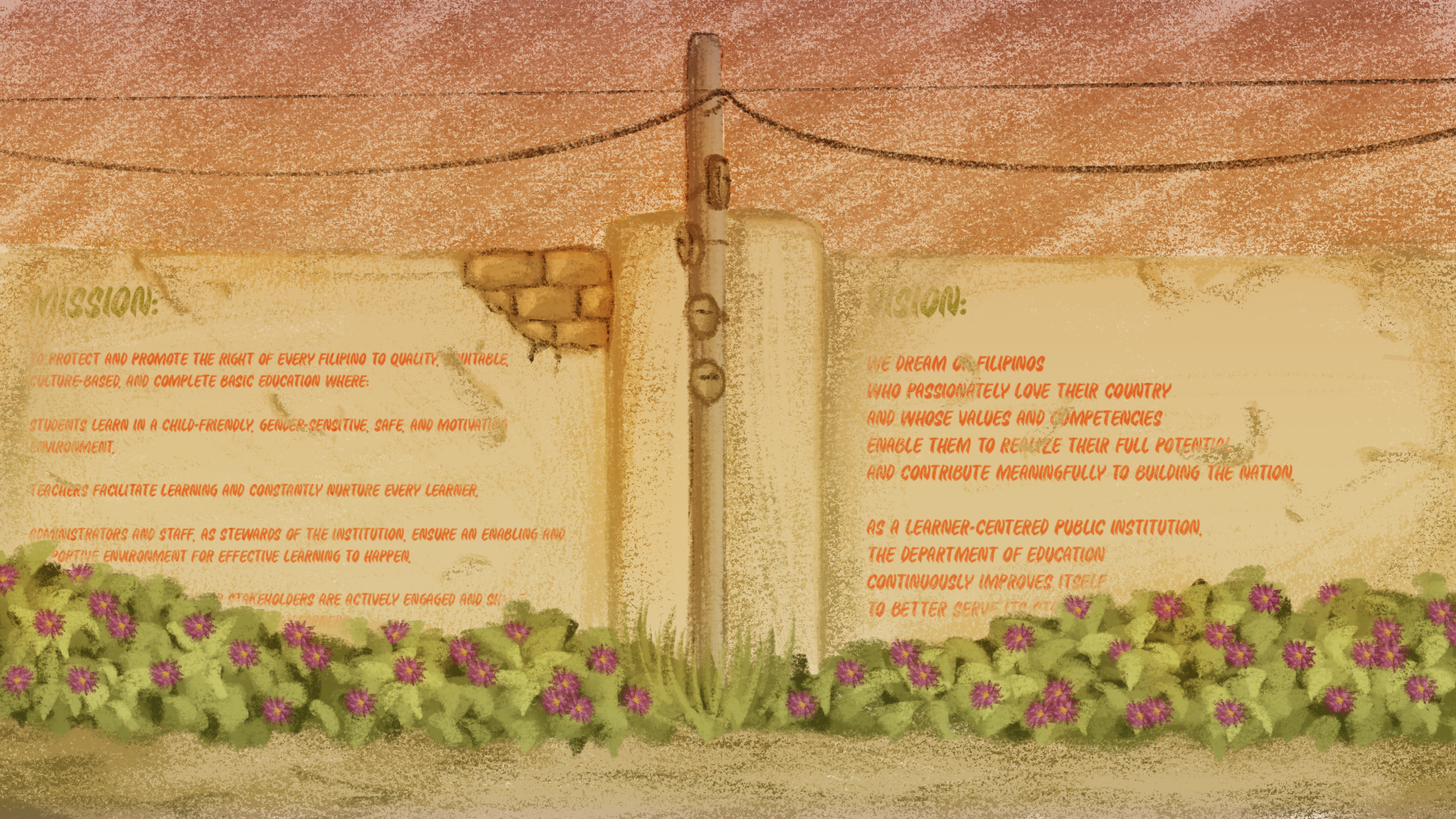




With this film, I wanted to explore and shed a light on a controversial topic within Filipino culture that is often overlooked. As the story is deeply inspired by childhood memories and personal experiences, the film envisions itself to be immersed in a childlike environment painted in pastels.
“Unico Hijo,” a Spanish term meaning “only child,” is often heard in many Filipino families to refer to a child without siblings. In this context, being an only child carries the weight of responsibility, independence, and the pressure to meet high familial expectations.
As reflection to cultural background, I also wanted to reference Filipino mythology, as it symbolizes the indigenous spirituality that existed long before colonization. This spirituality contrasts with the toxic traits often imposed and experienced by only children—traits shaped by religious beliefs in a deeply conservative society, which, over time, have overshadowed and eroded that original spiritual identity.
Since its inception, Unico Hijo has been a constantly evolving journey. From art direction and character design to the very flow of the story, nothing was set in stone. This openness allowed room for growth, sparking small yet celebrated breakthroughs throughout the production.
As the film continues to develop, I remain confident for its potential of another creative breakthrough. My vision has always been to tell culturally specific narratives in hopes to resonate within a global audience—to shed light on stories that are often overlooked, yet remains timely and relevant. Although hectic and demanding, I’m grateful for the film's progress and I look forward for the film's path ahead, knowing that it still has room to breathe and change.
Have you seen a Filipino film?—This thesis provides a fundamental examination of the history and evolution of Philippine cinema alongside an exploration of prominent Filipino directors. The thesis seeks to demonstrate how these directors have redefined the narratives of the Filipino story on screen and decode the reasons behind the significance of Philippine cinema, both within its home country and beyond its borders. All the while, this thesis also hopes to contribute to the larger discourse that surrounds Philippine cinema in hopes of shedding light on the complex subject that is the national identity of Philippine cinema.


